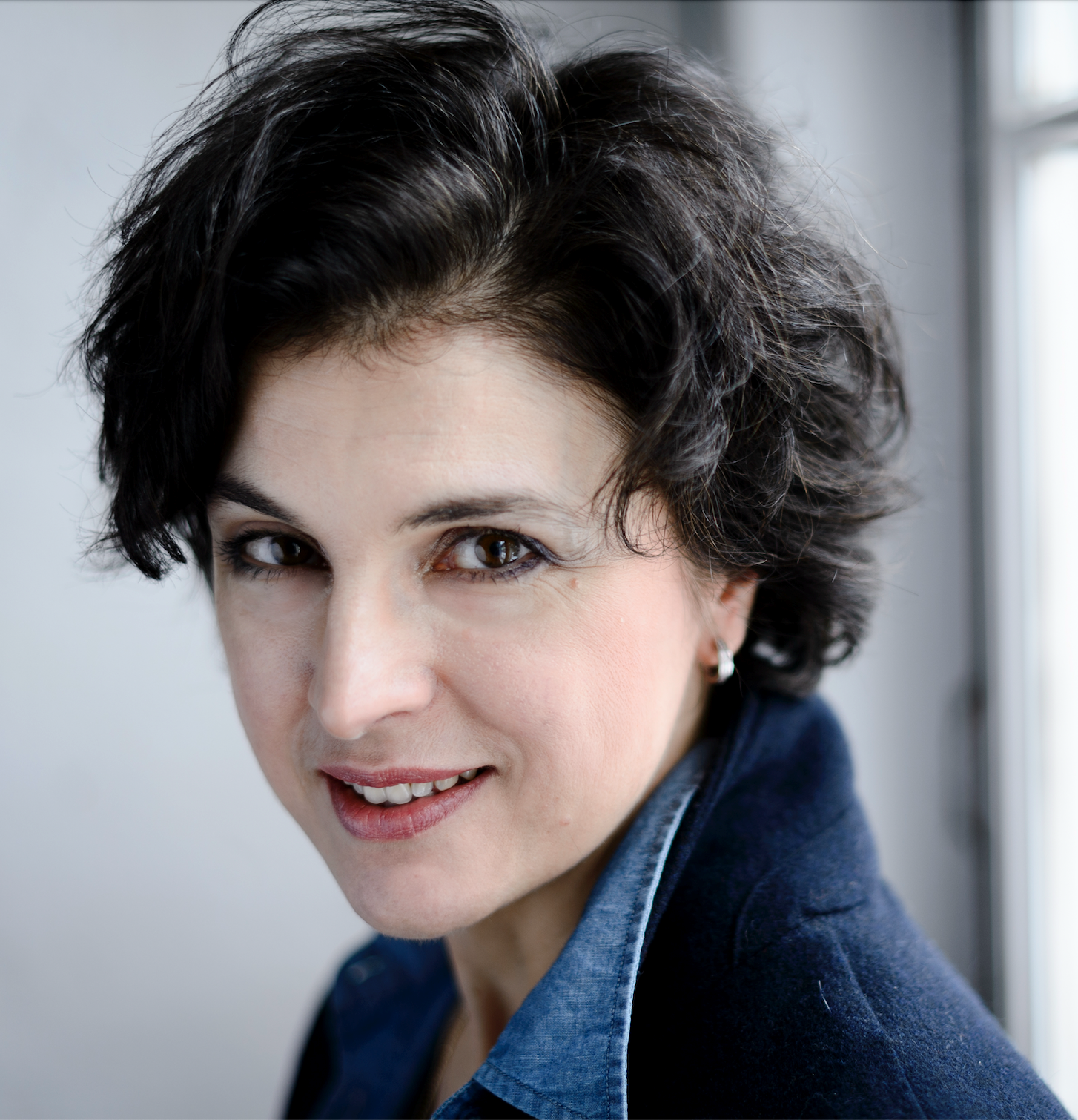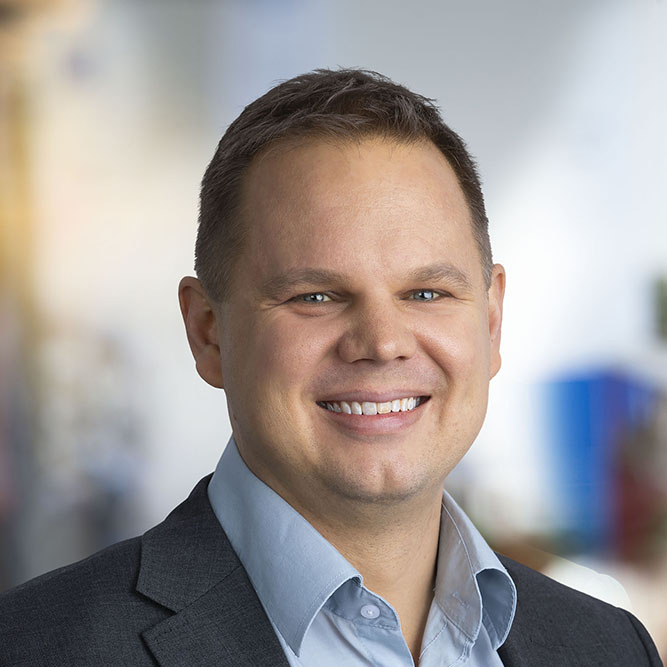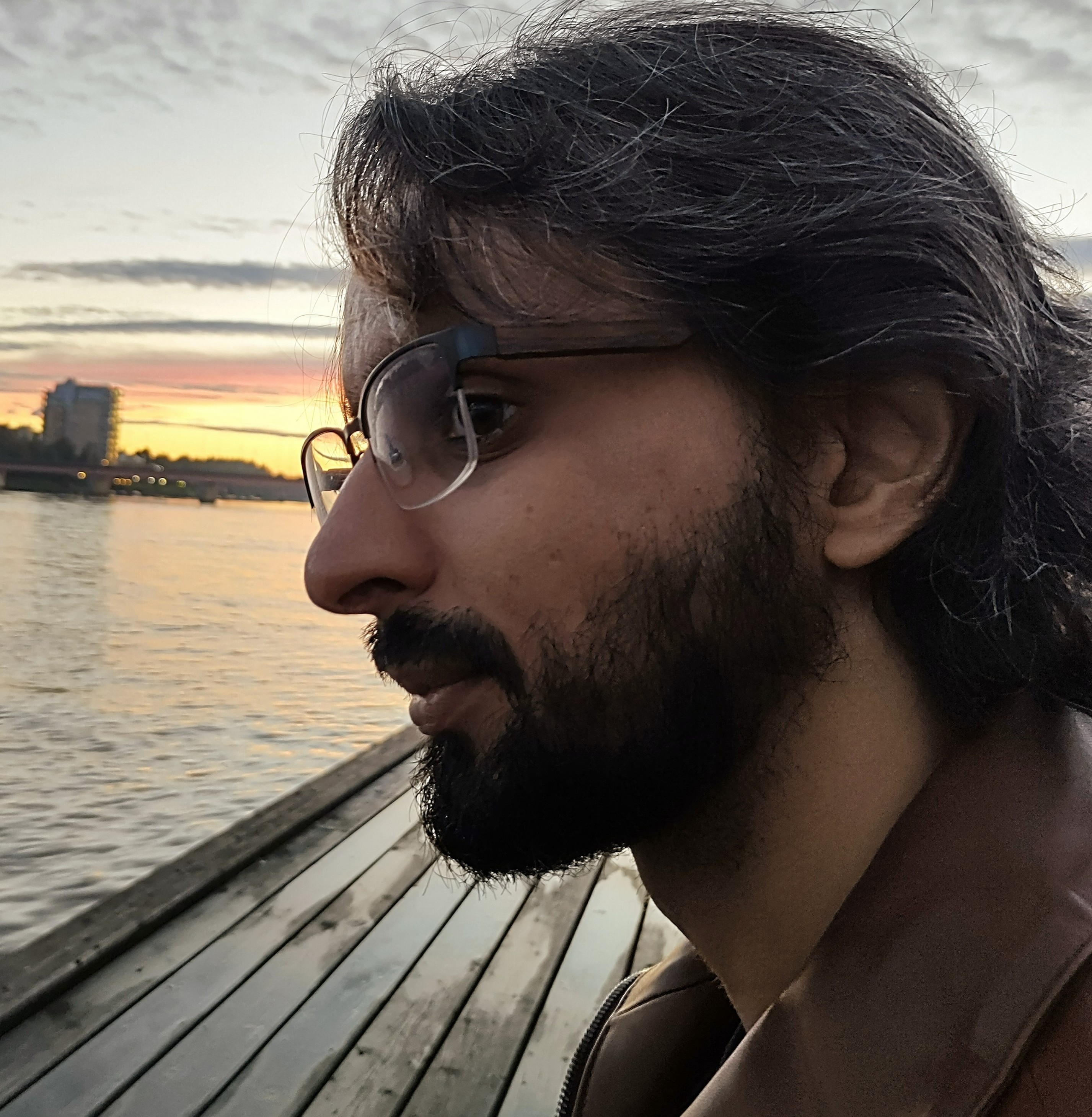Please see below for the organising committee for 2024.

Angela Cenci Nilsson
Professor
Affiliation: Lund University
E-mail: [email protected]
Web: https://portal.research.lu.se/en/persons/angela-cenci-nilsson
Bio: Angela Cenci Nilsson (author name M. Angela Cenci) is a professor of experimental medical research at Lund University (Lund, Sweden), where she has established a research group working on basal ganglia pathophysiology. Angela and her group use rodent models of Parkinson´s disease (PD) to shed light on molecular and cellular mechanisms underlying motor dysfunctions and therapy complications, such as L-DOPA-induced dyskinesia. Angela is moreover heading MultiPark, a strategic research area in neuroscience and neurodegenerative diseases supported by the Swedish Government (https://www.multipark.lu.se/).
E-mail: [email protected]
Web: https://portal.research.lu.se/en/persons/angela-cenci-nilsson
Bio: Angela Cenci Nilsson (author name M. Angela Cenci) is a professor of experimental medical research at Lund University (Lund, Sweden), where she has established a research group working on basal ganglia pathophysiology. Angela and her group use rodent models of Parkinson´s disease (PD) to shed light on molecular and cellular mechanisms underlying motor dysfunctions and therapy complications, such as L-DOPA-induced dyskinesia. Angela is moreover heading MultiPark, a strategic research area in neuroscience and neurodegenerative diseases supported by the Swedish Government (https://www.multipark.lu.se/).

Daniel Vare
Project Manager
Affiliation: KTH – Royal Institute of Technology
E-mail: [email protected]
Web: https://www.kth.se/profile/vare
Bio: Daniel is currently serving as a Project Manager at the Research Support Office, where I provide administrative support to various high-profile research projects. With a PhD in Molecular Genetics, and certification in project management, I bring a robust background in scientific research and efficient project coordination.
My role involves overseeing projects across diverse scientific disciplines, ensuring that each meets its specific administrative and operational goals efficiently. Among my current responsibilities are managing the EBRAINS Sweden initiative, steering the HoliCare project, leading the development efforts in the NanoVIB project, and coordinating the NQCIS and REPAIR projects. My work focuses on optimizing project outcomes, facilitating interdisciplinary collaboration, and enhancing research impact through strategic management.
E-mail: [email protected]
Web: https://www.kth.se/profile/vare
Bio: Daniel is currently serving as a Project Manager at the Research Support Office, where I provide administrative support to various high-profile research projects. With a PhD in Molecular Genetics, and certification in project management, I bring a robust background in scientific research and efficient project coordination.
My role involves overseeing projects across diverse scientific disciplines, ensuring that each meets its specific administrative and operational goals efficiently. Among my current responsibilities are managing the EBRAINS Sweden initiative, steering the HoliCare project, leading the development efforts in the NanoVIB project, and coordinating the NQCIS and REPAIR projects. My work focuses on optimizing project outcomes, facilitating interdisciplinary collaboration, and enhancing research impact through strategic management.

Emanuela Santini
Principal Researcher
Affiliation: Karolinska Institute
E-mail: [email protected]
Web: https://ki.se/en/people/emanuela-saniotini
Bio: Emanuela Santini is an Assistant Professor at the Department of Neuroscience, Karolinska Institute (Sweden). The research in her laboratory is focused on the cellular and molecular mechanisms underlying activity-dependent, long-lasting changes in neuronal function and their implication in complex behaviors, with a particular interest in motor and non-motor behaviors controlled by the basal ganglia. A significant part of her work aims to investigate how changes in these mechanisms contribute to neurodevelopmental disorders and intellectual disabilities.
E-mail: [email protected]
Web: https://ki.se/en/people/emanuela-saniotini
Bio: Emanuela Santini is an Assistant Professor at the Department of Neuroscience, Karolinska Institute (Sweden). The research in her laboratory is focused on the cellular and molecular mechanisms underlying activity-dependent, long-lasting changes in neuronal function and their implication in complex behaviors, with a particular interest in motor and non-motor behaviors controlled by the basal ganglia. A significant part of her work aims to investigate how changes in these mechanisms contribute to neurodevelopmental disorders and intellectual disabilities.

Luciano Censoni
Staff scientist
Affiliation: Umeå University
E-mail: [email protected]
Web: https://www.umu.se/en/staff/luciano-censoni/
Bio: Dr. Luciano Censoni is a postdoctoral fellow working in Per Petersson’s laboratory at Umeå University in Sweden since 2019. Trained as a physicist at the University of São Paulo, with a background in computational modeling of protein structures and a deep interest in networks, Luciano moved to Sweden after his Ph.D. at the University of Campinas to assume a position as a data analyst in Per Petersson’s group. For the past four years he has worked in close collaboration with experimentalists in order to simultaneously facilitate the acquisition of large, multi-modal neurophysiological datasets, and extract novel insights from them.
E-mail: [email protected]
Web: https://www.umu.se/en/staff/luciano-censoni/
Bio: Dr. Luciano Censoni is a postdoctoral fellow working in Per Petersson’s laboratory at Umeå University in Sweden since 2019. Trained as a physicist at the University of São Paulo, with a background in computational modeling of protein structures and a deep interest in networks, Luciano moved to Sweden after his Ph.D. at the University of Campinas to assume a position as a data analyst in Per Petersson’s group. For the past four years he has worked in close collaboration with experimentalists in order to simultaneously facilitate the acquisition of large, multi-modal neurophysiological datasets, and extract novel insights from them.

Roberto de la Torre Martinez
Research Specialist
Affiliation: Karolinska Institute
E-mail: [email protected]
Web: https://ki.se/en/people/roberto-de-la-torre-martinez
Bio: Dr. Roberto de la Torre Martinez earned his Ph.D. in Neuroscience from the University Miguel Hernandez of Elche, Spain, supervised by Professor Antonio Ferrer-Montiel. His thesis work, which identified potential analgesics for chronic pain by studying ion channels like TRPV1, TRPM8, and TRPA1, resulted in three patents and numerous high-impact publications.
In his first postdoctoral role, he joined Ramon Reig’s lab at the Institute of Neuroscience in Alicante, Spain, exploring dopamine’s effects on sensory processing in the striatum. Later, at Karolinska Institutet under Gilad Silberberg, Roberto studied sensory-motor interactions in striatal neurons of awake mice, findings published in Nature Communications.
Currently, Roberto is focused on the claustrum’s role in functions like awareness and memory consolidation, employing techniques such as silicon probe recordings and optogenetics to explore its neural circuitry.
E-mail: [email protected]
Web: https://ki.se/en/people/roberto-de-la-torre-martinez
Bio: Dr. Roberto de la Torre Martinez earned his Ph.D. in Neuroscience from the University Miguel Hernandez of Elche, Spain, supervised by Professor Antonio Ferrer-Montiel. His thesis work, which identified potential analgesics for chronic pain by studying ion channels like TRPV1, TRPM8, and TRPA1, resulted in three patents and numerous high-impact publications.
In his first postdoctoral role, he joined Ramon Reig’s lab at the Institute of Neuroscience in Alicante, Spain, exploring dopamine’s effects on sensory processing in the striatum. Later, at Karolinska Institutet under Gilad Silberberg, Roberto studied sensory-motor interactions in striatal neurons of awake mice, findings published in Nature Communications.
Currently, Roberto is focused on the claustrum’s role in functions like awareness and memory consolidation, employing techniques such as silicon probe recordings and optogenetics to explore its neural circuitry.
